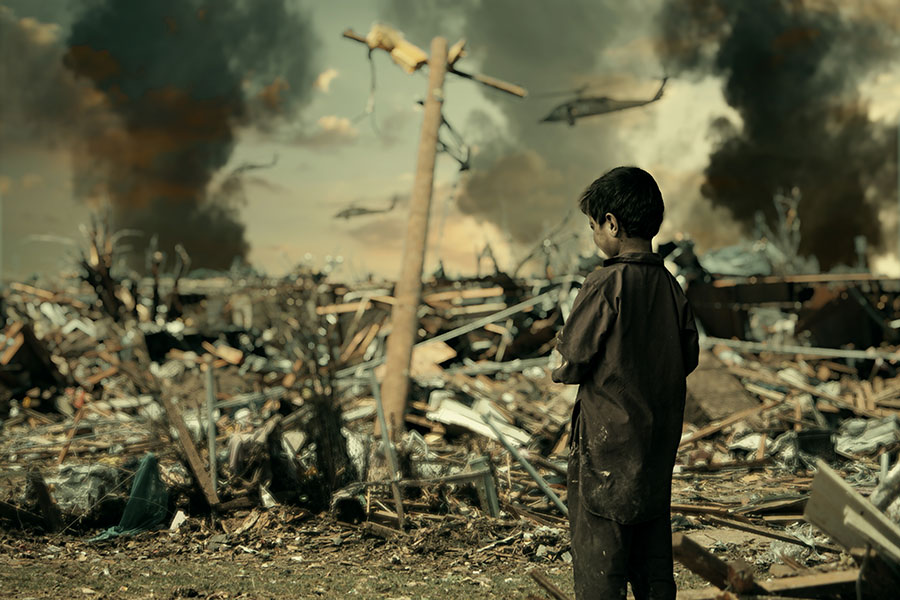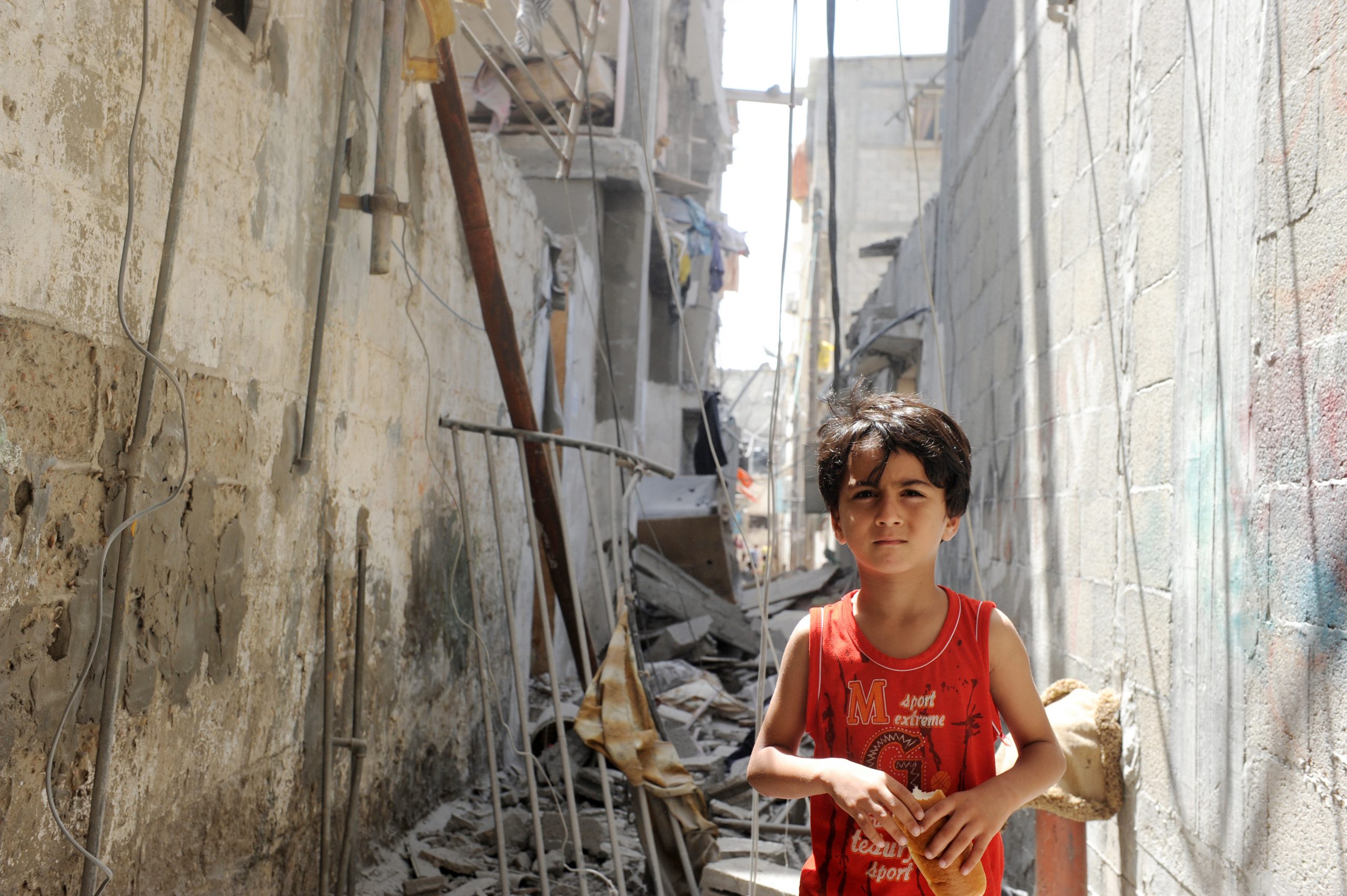


Demand that all parties in Afghanistan fully uphold their obligations under international law, including international humanitarian law (IHL) and human rights law (IHRL).Renew UNAMA’s mandate for 12 months without amendment, and ensure allocation of sufficient resources to strengthen capacities to deliver on its child protection mandate, including for monitoring and engagement with parties to end and prevent grave violations, and to address threats posed by landmines, ERW, and improvised explosive devices (IEDs).

As a result, several international humanitarian organizations suspended their operations, citing female staff as essential to reaching women and girls with humanitarian aid. On December 24, the de facto authorities issued a decree banning women from working for non-governmental organizations (NGOs). A September 30 attack on Kaaj Educational Centre in Kabul led to the deaths of 54 civilians and injury of 114, mostly women and girls from Hazara community. Children continued to be the main victims of unexploded ordnance. Killing and maiming was the most prevalent verified violation directly impacting 267 children (64 killed, 203 maimed). According to the SG’s December report on UNAMA ( S/2022/916), the UN verified 522 grave violations against children from September to December 2022. In March, UNAMA’s mandate is up for renewal, per SCR 2626 (2022). Hizb-i Islami of Gulbuddin Hekmatyar, the Islamic State in Iraq and the Levant Khorasan Province (ISIL-KP), and the Taliban forces and affiliated groups, including the Haqqani network, are each listed in the annexes of the Secretary-General’s (SG) 2022 annual report ( S/2022/493) on children and armed conflict (CAAC) for committing grave violations against children.


 0 kommentar(er)
0 kommentar(er)
